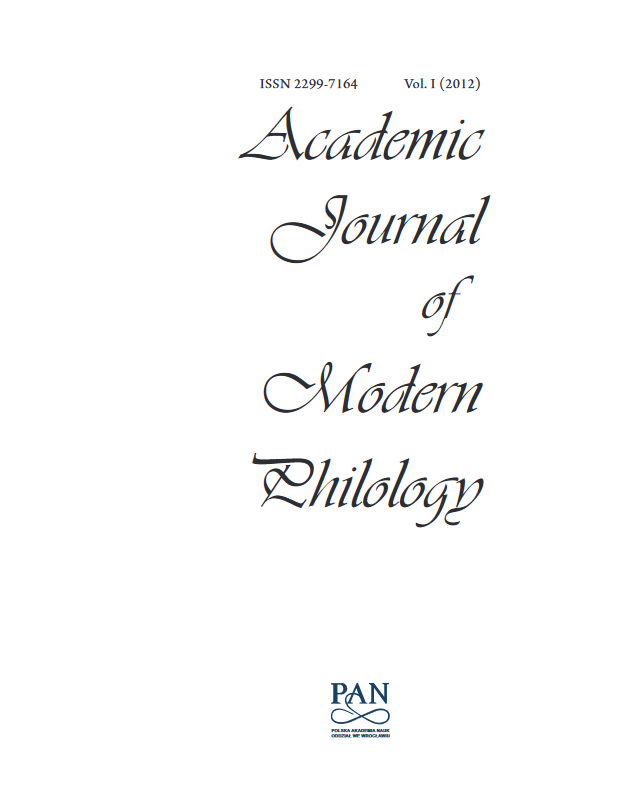Non-formal Elements in Academic Translator Education
Non-formal Elements in Academic Translator Education
Author(s): Konrad KlimkowskiSubject(s): Language studies, Translation Studies
Published by: Komisja Nauk Filologicznych Oddziału Polskiej Akademii Nauk we Wrocławiu
Keywords: dictionary; translation; translator; curriculum; lifelong learning
Summary/Abstract: The author of the following article propounds that when planning the general translation teaching program for students of translation studies, the methodologists should not narrow it only to the formal curriculum used during regular classes. The author does not refer here to the possibility of broadening the formal program to include practices, internships or meetings with various experts in the field, however, but rather to the redefinition of the notion of curriculum, so that it always includes both formal and informal aspects of the translation studies. The co-existence of the two modules indicates their interdependence in the process of teaching. The primary goal of the informal module is to complement the formal teaching curriculum with various supplementary subject matters, teaching and learning methods as well as interactions that are difficult to implement within the basic frames of the educational program. What is more, the informal initiatives are supposed to give students of translation a chance to take part in various self-development programs and events even after they graduate from university, which, as a consequence, provides the students with the opportunity to acquaint themselves with the notion of lifelong learning and, simultaneously, makes them realise how necessary and vital the process is
Journal: Academic Journal of Modern Philology
- Issue Year: 2012
- Issue No: 1
- Page Range: 33-44
- Page Count: 12
- Language: English

